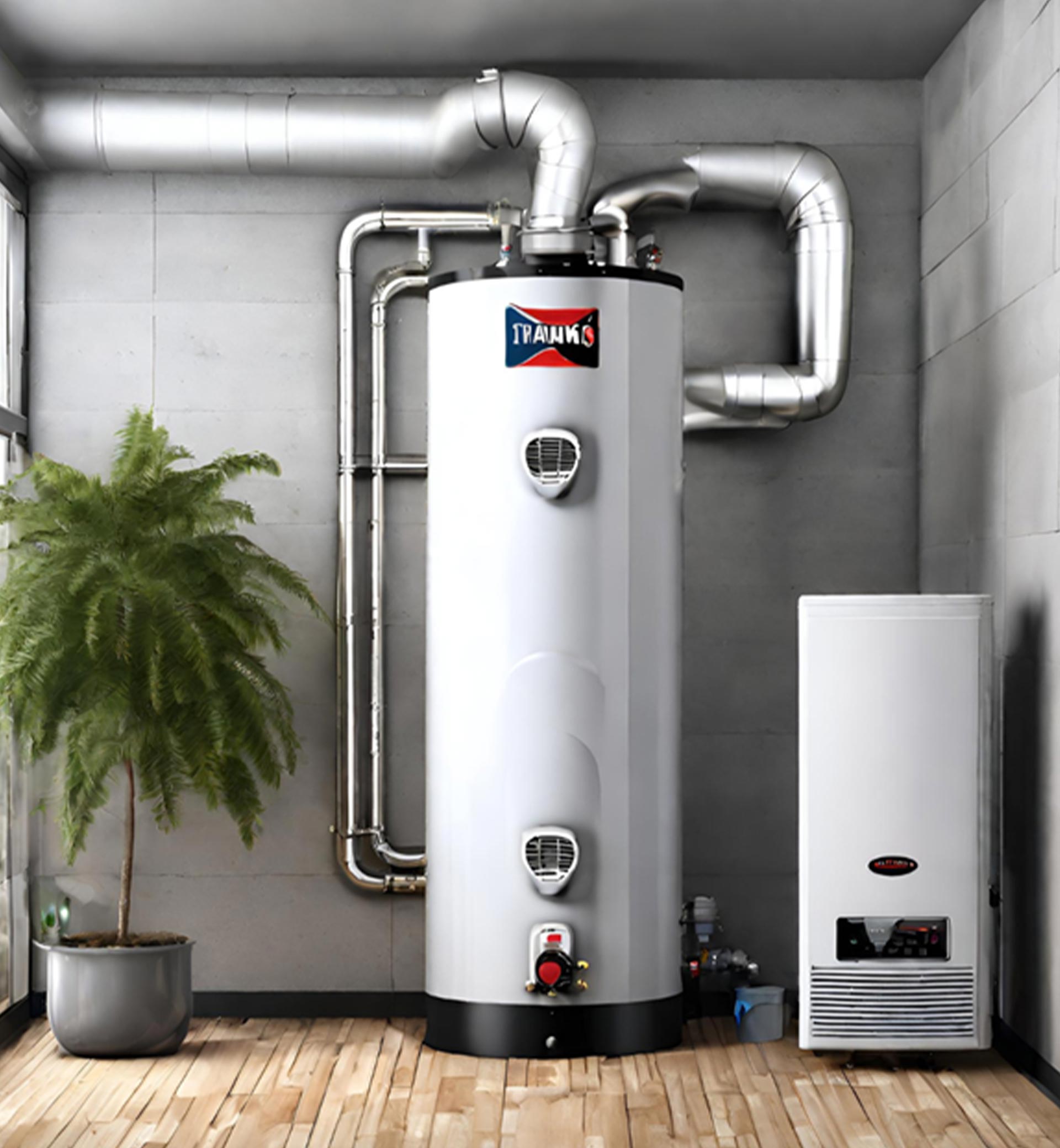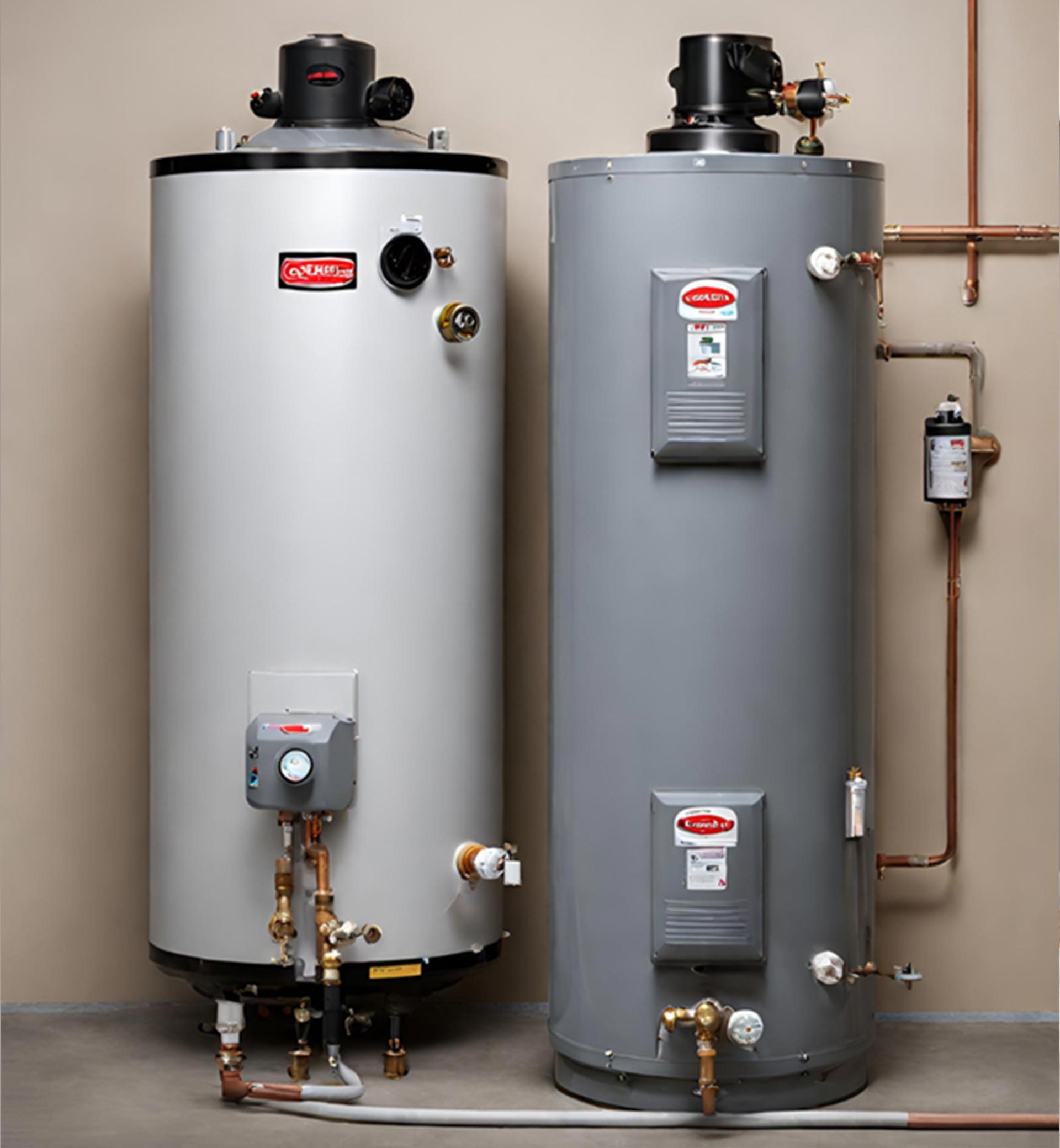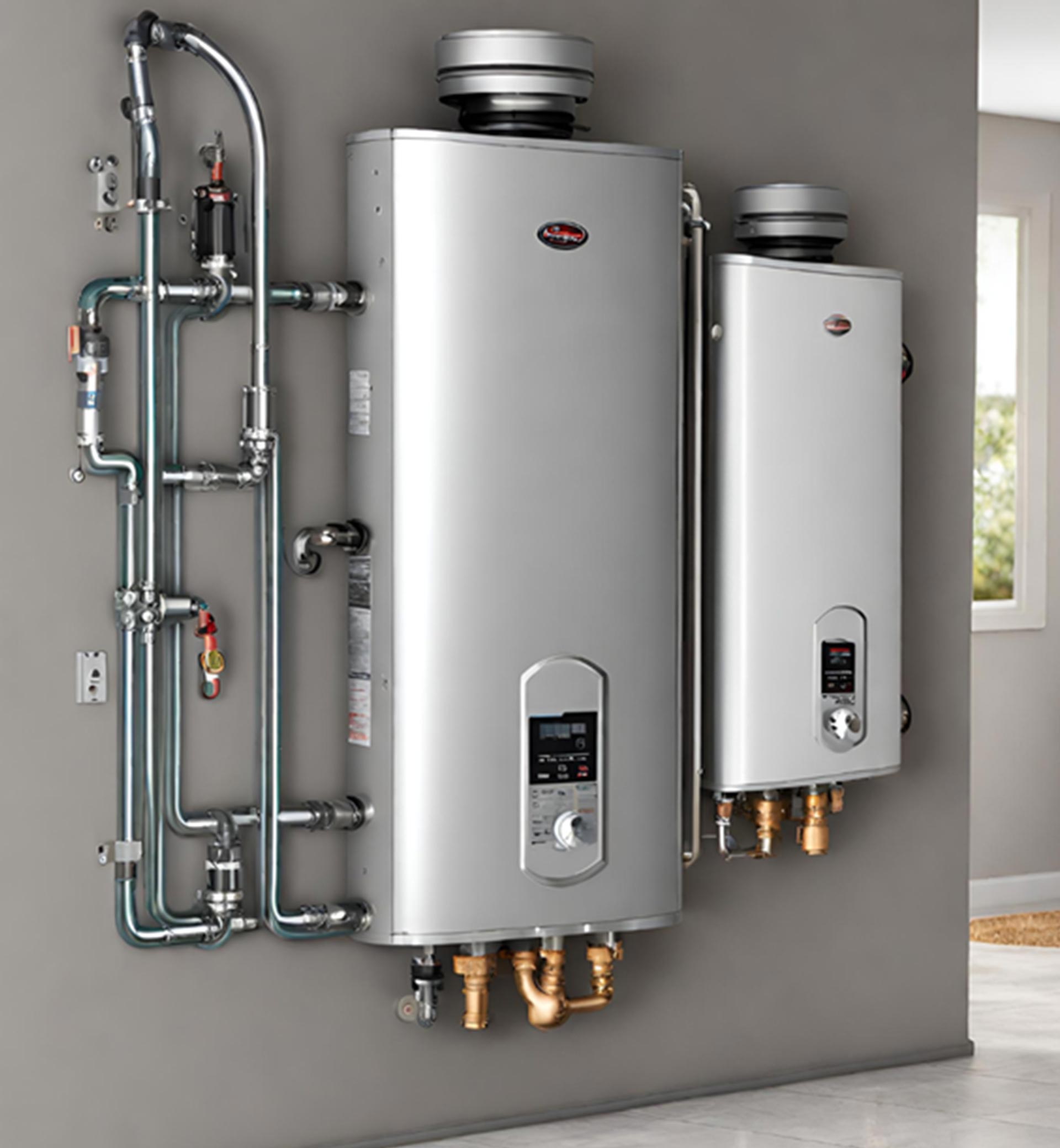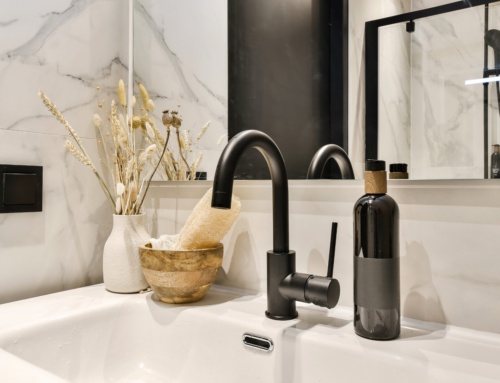
In the realm of home appliances, few decisions carry the weight of choosing the right water heater. After all, it’s not just about convenience; it’s about efficiency, cost-effectiveness, and ensuring your home’s comfort. When it comes to water heaters, two main options dominate the market: tankless and standard water heaters. Each has its own set of benefits and drawbacks, making the decision a critical one for homeowners. So, how do you determine which one is right for you? You can consult with a local plumber near you for the pros and cons of each type of unit, or you can read below for more info!
Understanding the Basics
Before delving into the specifics of tankless and standard water heaters, it’s essential to understand how they work.

Standard Water Heater (Tank Water Heater): This traditional system stores a reservoir of hot water in a tank, which is continually heated and maintained at a preset temperature. When hot water is used, cold water fills the tank, and the heating process begins again.

Tankless Water Heater: Also known as on-demand water heaters, these systems heat water only when it’s needed. When a hot water tap is turned on, cold water travels through a pipe into the unit, where either a gas burner or an electric element heats it. As a result, tankless water heaters provide a constant supply of hot water.
Factors to Consider
- Energy Efficiency: Tankless water heaters are often more energy-efficient than their standard counterparts because they only heat water as needed, eliminating standby heat loss. This efficiency can result in lower energy bills over time. However, the initial cost of purchasing and installing a tankless system is typically higher than that of a standard water heater replacement.
- Space Requirements: Tankless water heaters are compact and wall-mounted, saving valuable floor space compared to the large tanks required for standard water heaters. This can be especially advantageous for homeowners with limited space or those looking to maximize usable square footage.
- Hot Water Demand: The size of your household and your hot water usage patterns play a significant role in determining which type of water heater is right for you. Tankless water heaters are ideal for households with low to moderate hot water demand, providing endless hot water on demand. However, in homes with high hot water demand, multiple tankless units may be required to meet simultaneous usage needs.
- Upfront Costs vs. Long-Term Savings: While tankless water heaters typically have a higher upfront cost, they can offer long-term savings through lower energy bills and reduced maintenance expenses. On the other hand, standard water heaters have a lower initial investment but may incur higher operating costs over time due to standby heat loss and potential tank corrosion.
- Installation and Maintenance: Tankless water heater replacements require professional installation and may involve additional expenses such as upgrading gas lines or electrical systems. Additionally, regular maintenance, including flushing the unit to remove mineral buildup, is essential to ensure optimal performance. Standard water heaters are generally easier and less expensive to install and maintain but may require periodic tank flushing to prevent sediment buildup or relighting of the pilot light on gas units, after a windy night.
- Lifespan and Replacement: On average, standard tank water heaters have a lifespan of 10 to 15 years, though this can vary depending on factors such as usage, water quality, and maintenance. Over time, the tank may corrode due to exposure to water and minerals, leading to leaks and eventually requiring replacement. Tankless water heaters typically have a longer lifespan, ranging from 15 to 20 years or more with proper maintenance. Because tankless units do not store hot water and are not subject to the same corrosion issues as tank water heaters, they can last longer with proper care.
Making the Decision

Ultimately, the decision between a tankless and standard water heater replacement depends on your specific needs, priorities, and budget. If energy efficiency, space savings and endless hot water are paramount, a tankless water heater may be the right choice for you. However, if upfront cost, simplicity of installation, and familiarity are more important factors, a standard water heater may be the preferable option.
Before making a decision, carefully evaluate your hot water usage patterns, consult with a reputable plumber near you such as Proline Plumbing & Sewer, and weigh the pros and cons of each type of water heater. By taking these steps, you can ensure that you select the water heater that best meets your needs and provides reliable hot water for years to come.












